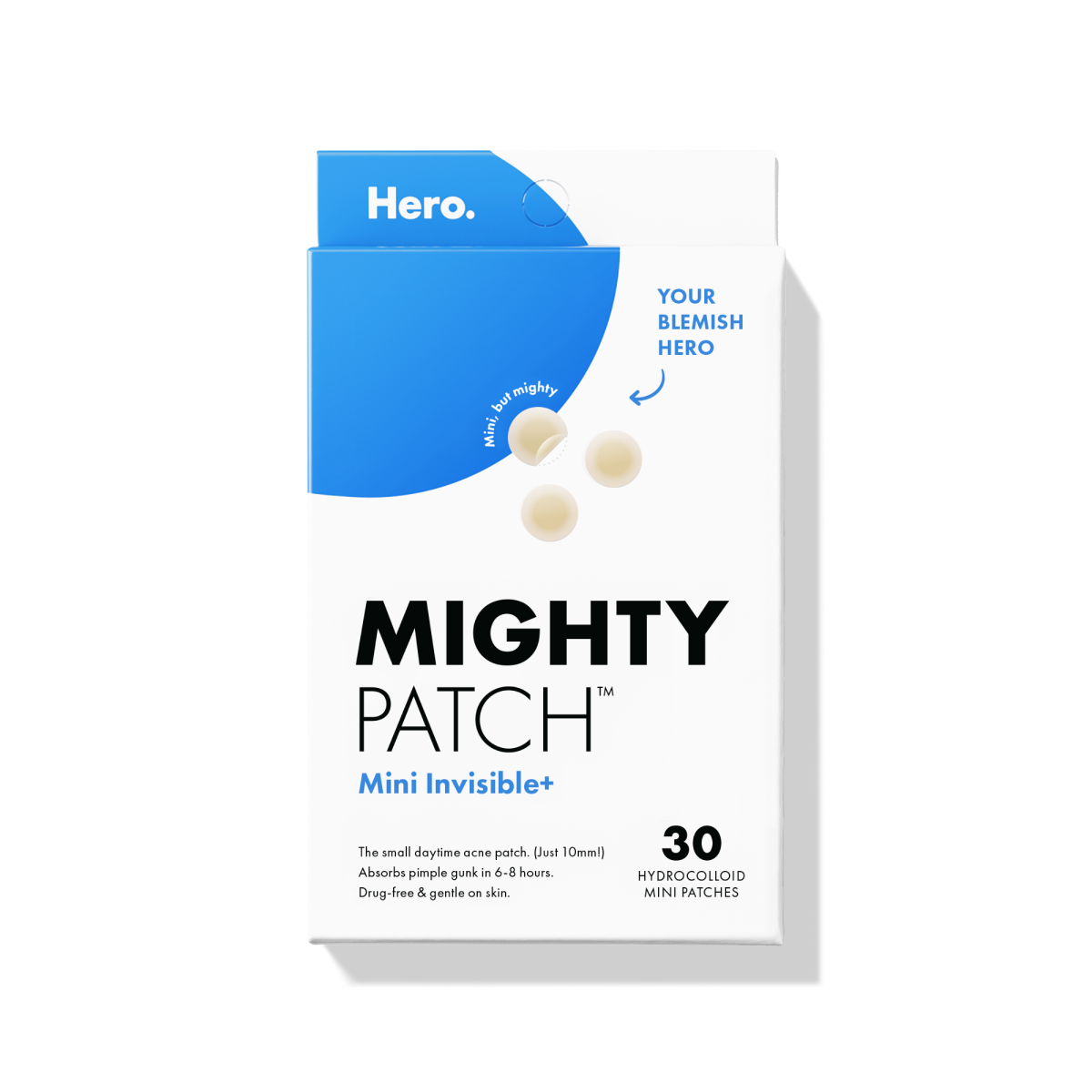
Dark spots, or as they are more fancily known, post-inflammatory hyperpigmentation (PIH for short) form due to increased melanin (aka pigment) production typically as a result of trauma or inflammation in the skin from acne, wounds, rashes, or bug bites, says dermatologist Rina Allawh, MD, FAAD, of Montgomery Dermatology.
Darker skin tones are generally more susceptible to getting dark spots, which Dr. Allawh explains, is because they have a higher concentration of melanin in their skin than their light-skinned counterparts. To help with that, below, find four dermatologist-recommended hyperpigmentation treatments specifically for darker skin tones.
1. Skin-brightening products
Skin-brightening products are one route you can take; however, you should use them with caution due to certain ingredients. “The global production and marketing of skin lightening products have emerged as a force to be reckoned with, a multi-million dollar industry worldwide,” Dr. Allawh says. “It is important to use these products as directed and avoid overuse or misuse as it may lead to harmful skin rashes.”
Not sure where to start with skincare for dark skin? We got you. Here are three key brightening ingredients to look for:
-
Retinol: A superstar when it comes to treating acne, “retinol is chemically derived from vitamin A and plays an important role in regulating cell growth and proliferation,” Dr. Allawh says. “Retinols help promote and hasten skin turnover, thus aiding with evening out skin tone, dyspigmentation, and non invasively smooth fine lines and wrinkles over time.”
-
Vitamin C: “Vitamin C is a powerful antioxidant that is quintessential in one’s skincare regimen,” Dr. Allawh says. “It prevents sun damage, increases collagen production, brightens the skin, and, most importantly, improves skin tone.”
- Hydroquinone: Despite safety concerns, hydroquinone is known as the worldwide gold standard for topical skin lightening products. “Hydroquinone works by blocking the synthesis of melanin and is available in 2% and 4% concentrations in both over-the-counter and prescription formulations,” Dr. Allawh says. Please note that overusing hydroquinone in high concentrations can cause irreversible darkening of the skin.
2. Laser treatments
There are many different types of lasers used during treatments depending on the issue. For dark spots, Dr. Allawh recommends the QS Nd: YAG laser. “QS ND: YAG laser targets pigment, and its wavelength is absorbed by melanin,” she says. “Thus, it helps to treat conditions where there is dyschromia (hyperpigmentation/alterations in pigmentation) while avoiding damage to the top epidermis layer of the skin.”
The number of laser treatments you’ll need to get rid of dark spots will depend on the PIH severity. The average is two to four treatments performed every four to six weeks.
We've heard that laser treatments may not be the best for darker skin tones because lasers cannot accurately target the dark spots on dark skin. Though Dr. Allawh replies, "We do use lasers for all skin types. With that being said there’s a lot more that goes to it. Essentially there are different settings based on skin color to minimize the risk of worsening hyperpigmentation. So short answer is yes you can use lasers for darker skin types, with caution and really make sure it is performed by a skilled professional."
"Sometimes lightening creams are recommended before and after laser treatments to prevent or reduce risk of making the skin darker." Dr. Allawh says.
Myth: Laser treatments should not be used on darker skin tones because it cannot accurately target dark spots.
Though Dr. Allawh replies, "We do use lasers for all skin types. With that being said there’s a lot more that goes to it. Essentially there are different settings based on skin color to minimize the risk of worsening hyperpigmentation. So short answer is yes you can use lasers for darker skin types, with caution and really make sure it is performed by a skilled professional."
Sometimes lightening creams are recommended before and after laser treatments to prevent or reduce risk of making the skin darker." Dr. Allawh says.
3. Chemical peels
Dr. Allawh refers to chemical peels as a lightening and brightening technique for getting rid of dark spots of every skin tone. You have two options: at-home peels or in-office peels. At-home peels typically contain vitamin C, retinol, and beta or alpha hydroxy acids. In-office peels use higher concentrations of these ingredients. With that said, Dr. Allawh also advises folks with darker skin tones to run the ingredients of at-home peels with their dermatologist first. “The last thing you want is a chemical burn, which may worsen hyperpigmentation,” she says.
4. Sunscreen
Sunscreen is not necessarily a dark spot treatment per se but rather a preventative measure as well as protection from potential skin cancers. “I recommend for all skin types a sunscreen containing the ingredients zinc oxide or titanium dioxide, which help to block both UVA and UVB, also referred to as ‘broadband’ coverage,” Dr. Allawh says. Unfortunately, conventional sunscreens with these ingredients tend to come off as white and pasty on darker skin types. Not ideal.
To remedy that, Dr. Allawh recommends opting for tinted sunscreens that contain those key ingredients and an SPF of 30 or above. The rule of thumb is to use a dime-sized amount of sunscreen for your face and a shot glass of sunscreen for exposed skin on the body. Bonus points if you also wear sun-protective clothing. Dark spots: 0. You: 1. You’re the real MVP.
[[product-ad]]
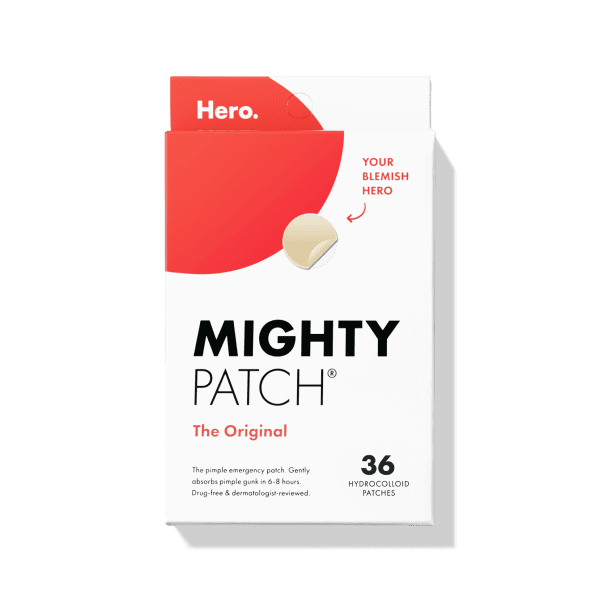
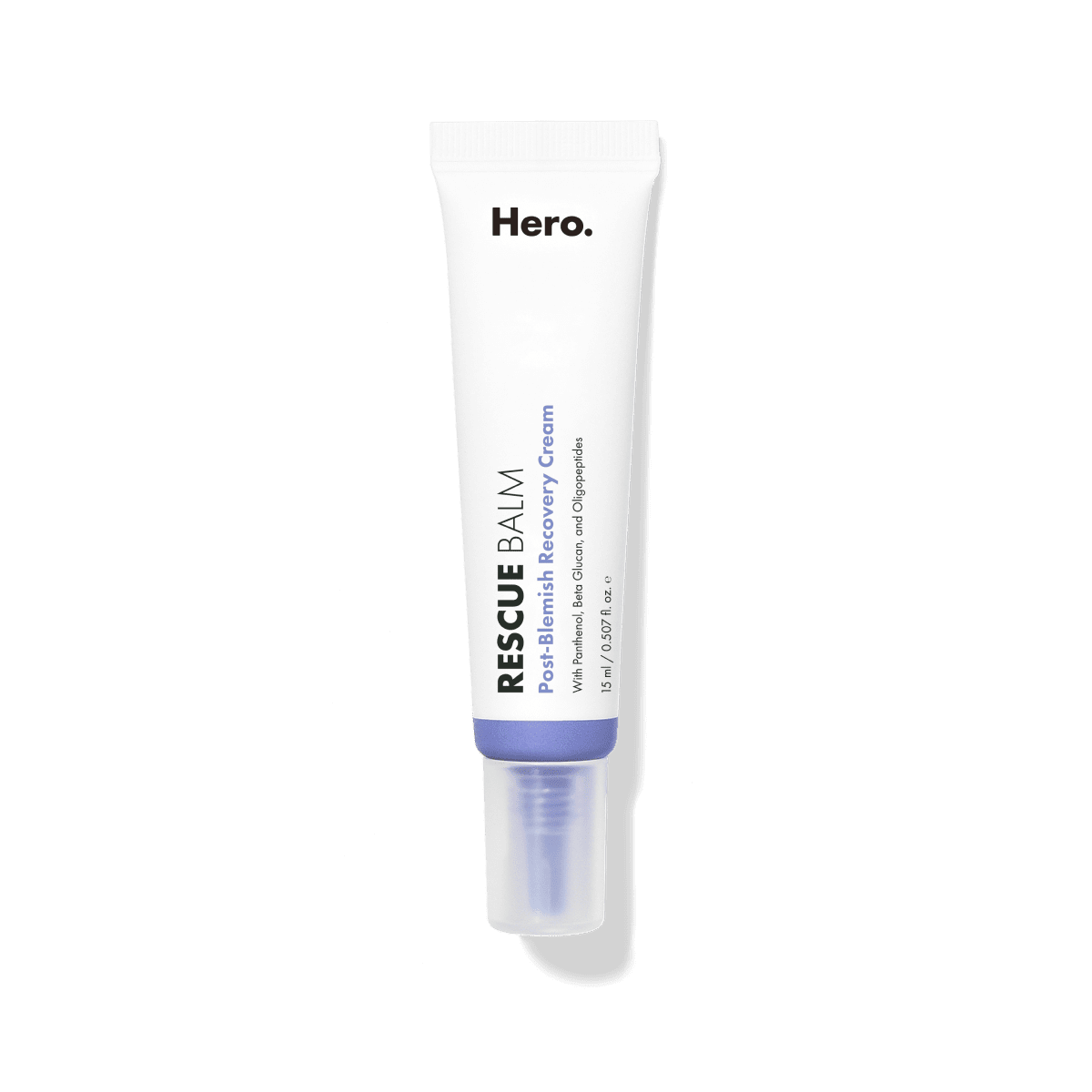
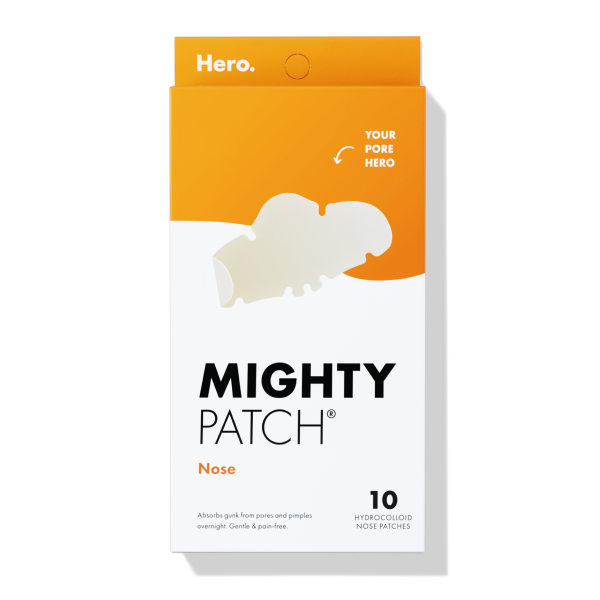
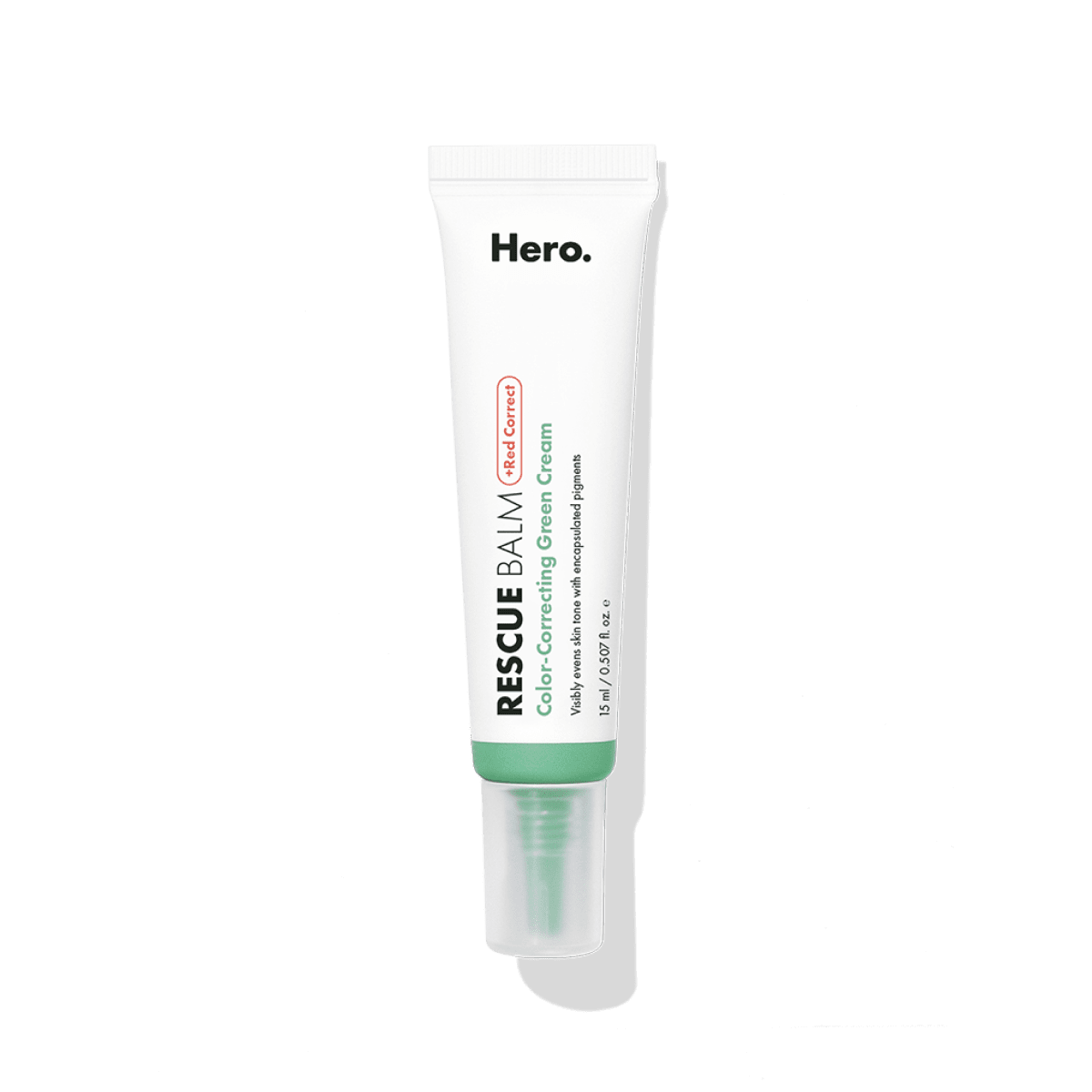
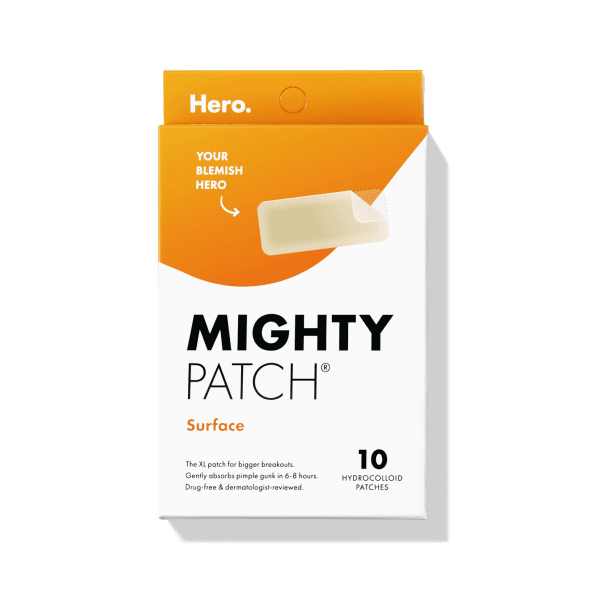
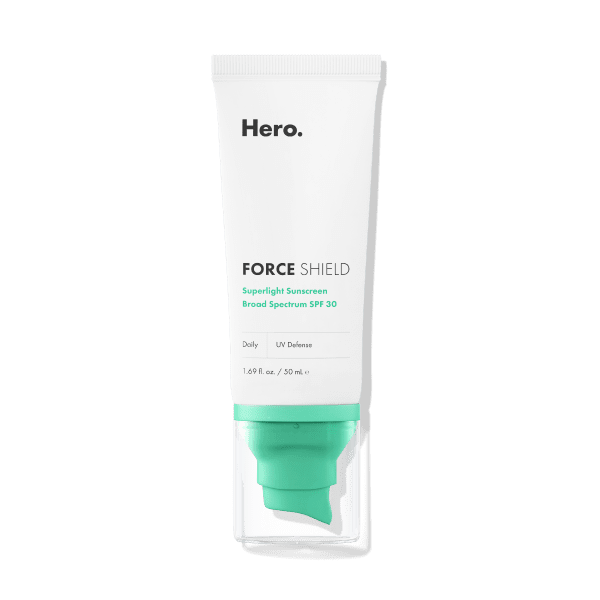
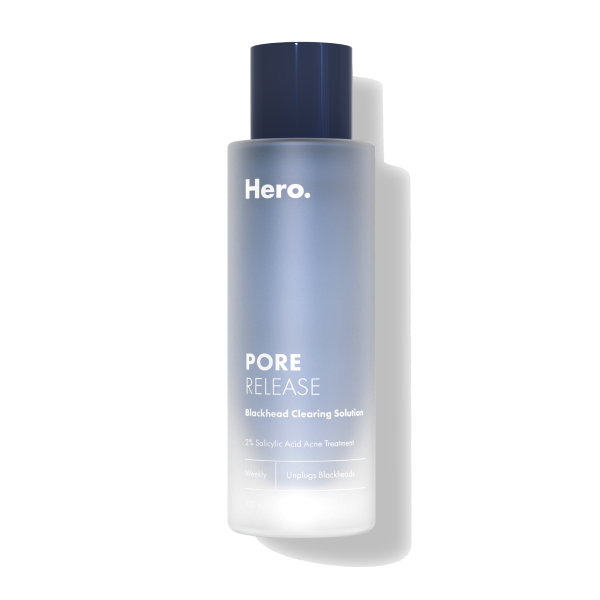
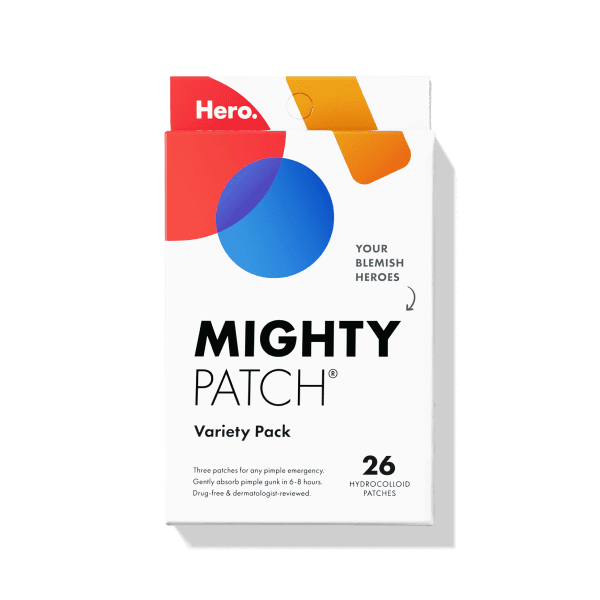


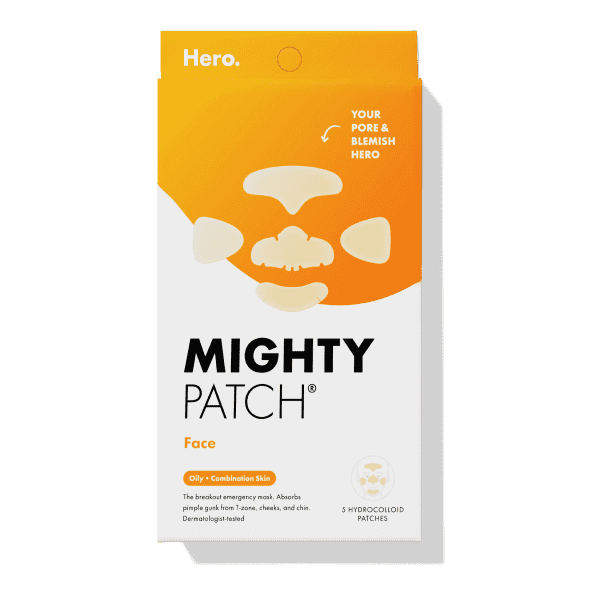
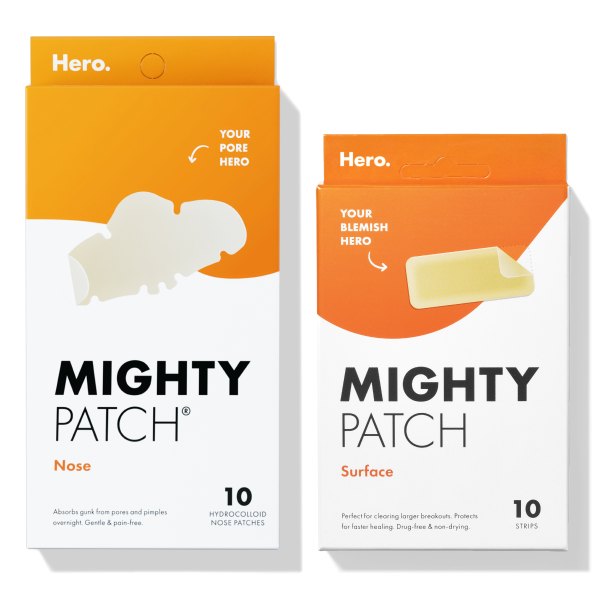
.png?v=1663017252122)
